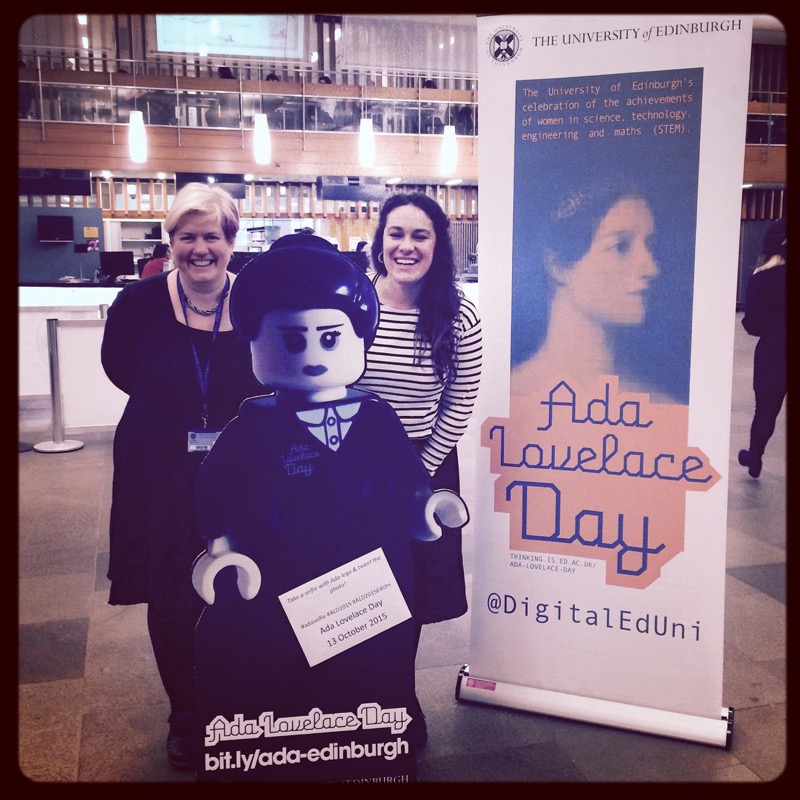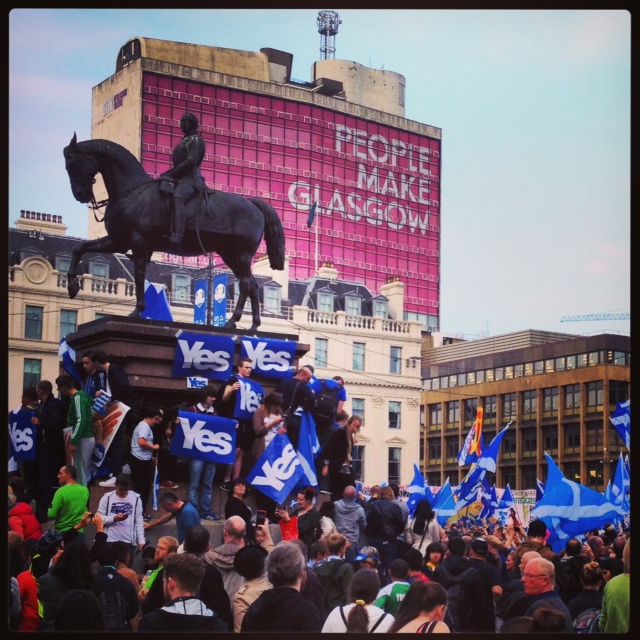I’ve been rather neglecting this blog recently, ironically because I’ve been busy blogging about blogging on other blogs :} The University of Edinburgh launched a new Academic Blogging Service, including a centrally supported WordPress platform, blogs.ed.ac.uk, last year and the service has really taken off.
In addition to our workshop Blogging to Build your Professional Profile, as part of the roll out of the service, Karen Howie (Digital Learning Applications & Media) and I have been curating a Mini-Series on Academic Blogging over on the Teaching Matters blog. The series features reflections on different uses of academic blogs from staff and students across the university. Together with Susan Greig (Digital Skills) and Daphne Loads (Institute of Academic Development), I wrote a post on blogging for professional accreditation Blogging: What is it good for? The post reflects on my experience of using my blog to create and evidence my CMALT portfolio, while Susan and Daphne discuss how blogging can be used to support CMALT and HEA accreditation. 
We’ve also recorded two podcasts as part of the series; one on How Blogging can be used as an effective form of assessment, and another on Blogging to enhance professional practice, which is a conversation between Karen Howie, Eli Appleby-Donald (Edinburgh College of Art), James Lamb (Centre for Research in Digital Education) and I. Though I’ve recorded lots of webinars, this is the first time I’ve recorded a conversational podcast and it was a really fun experience! Karen made a great “interviewer” and, perhaps surprisingly, Eli, James and I managed not to talk over each other all the time. Although all of us have quite a difference experience of and approach to blogging we were all very much in agreement that blogging can be a great way to enhance professional and academic practice.
The week before last I had double blogging; on Wednesday afternoon I gave a talk as part of a panel on “Using Social Media to Engage Research End Users” for colleagues in the College of Arts Humanities and Social Sciences.
Thank you @EdinburghUni for today's Learning Lunch. All about using social media to engage research end users. Brought to us by an all female panel currently rocking social media. Thank you Clare de Mowbry, Jen Ross @LucyHunterB @LornaMCampbell #womeninacademia pic.twitter.com/kdxAGW07DC
— Marissa Millar (@Marissa_Millar) May 8, 2019
Then later in the evening I joined Girl Geek Scotland to give a talk on professional blogging (slides) as part of and event on “Your Online Self: How do you make yourself stand out from the crowd?” Girl Geek Scotland are a network and community for those working and studying in creativity, computing, enterprise, and related sectors in Scotland. As most of the participants are working and building careers in the commercial sector it was quite a different audience to the kind I usually experience and it was really interesting for me to reflect on the affordances and tensions between using blogging and social media to develop your personal profile and to market a personal brand. Unfortunately I couldn’t stay for the whole event so I missed the discussion sessions later in the evening but Anne-Marie said that there was considerable interest in using blogs for personal development, so I’ll take that as a win. Now all I need to do, is get my own blog back in order!
Thank you to @girlgeekscot, @iZettle and speakers @LornaMCampbell, @ShannonMcEnroy, @SoozYoung for an extremely interesting and informative event tonight about how to present yourself online. Im inspired to knock the dust off this twitter account and tweet again! #womenintech pic.twitter.com/qWqzkdJpw7
— Katharina Bitzan (@katharinabitzan) May 8, 2019

 I was deeply saddened today to hear of the death of
I was deeply saddened today to hear of the death of 










